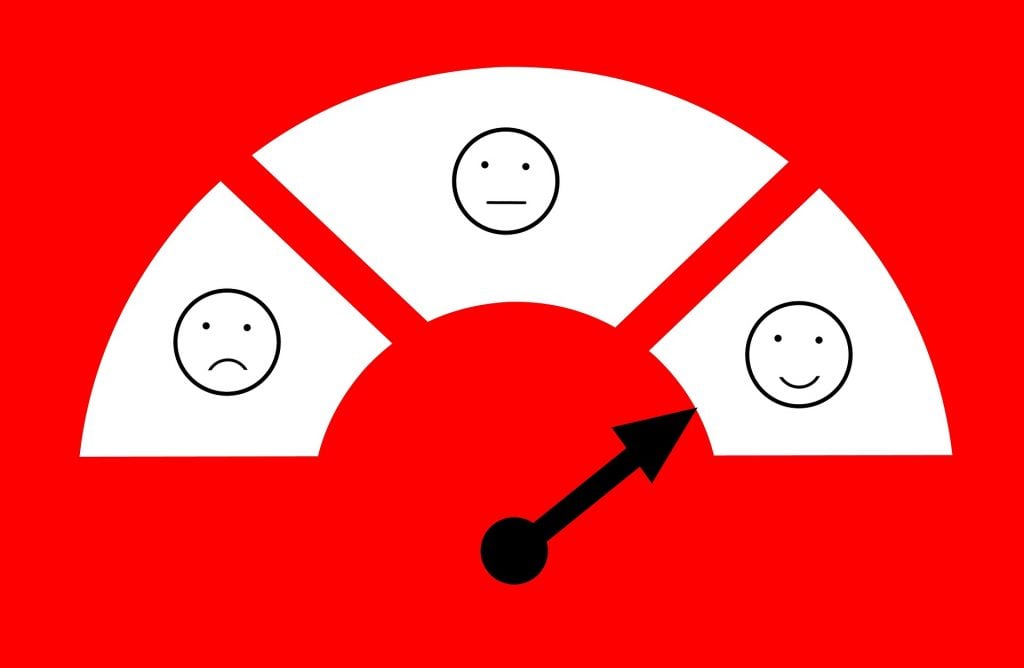 I just read a report in Medscape about the fall out of legalized cannabis in Colorado emergency departments. Emergency departments and hospitals are seeing an increase in ED visits following legalization. Those visits reveal an increase in mental illness including psychosis, suicide and other substance abuse.
I just read a report in Medscape about the fall out of legalized cannabis in Colorado emergency departments. Emergency departments and hospitals are seeing an increase in ED visits following legalization. Those visits reveal an increase in mental illness including psychosis, suicide and other substance abuse.
One of the concerns with regular use is that the brain, involved in complex decision-making, may not always be reversible with abstinence. There are a number of scientific review articles that discuss the impact of cannabis on the brain with a link to structural, functional and chemical changes. These changes can include increases in psychosis, impulsivity, depression, anxiety, suicidality, decreases in cognition, IQ and executive functioning, deficits in learning, memory attention and social interaction.
Add to this, the fatal motor vehicle accidents, the impact of use on the cardiovascular and pulmonary system, unintended pediatric exposure, hash-oil burn injuries, cannabis contaminants which expose users to infectious agents, heavy metals and pesticides. And to top it all off, cannabis dispensary workers are giving medical advice with no medical training.
The National Institutes of Health tells us that the number of adults who use pot daily has jumped by 50% since legalization. Mark A. R. Kleiman, a professor of public policy at New York University, has declared cannabis as a public health problem. The reason? Cannabis is not benign and is more available and potent than ever before.
What is striking about the fall of out of cannabis use is what emergency department workers and health care professionals hear from regular pot users. They will tell you things like, “I can’t quit even though I want to, I am smoking more than I want to, I’m not doing things I am responsible for. My memory and motivation are a problem.” There are stories of lost jobs, money, relationships and mental health problems.
And here is the thing. Federally, marijuana is classified as a schedule I drug, meaning it has no accepted medical use. But in this hot-bed political/emotional climate, the full story of cannabis use gets overlooked. It’s not harmless and non-addictive. It has a significant impact on your life when used regularly — you lose interest in things like going to the gym, going out with friends or doing ambitious things. You just chill with a joint. But that chilling becomes more and more prominent and leads to less and less productivity.
The bottom line is that the cannabis industry is driven by making money. Most people don’t know the full story of risk until they find themselves in trouble. And right now, the emergency departments of Colorado might help us learn a thing or two.


